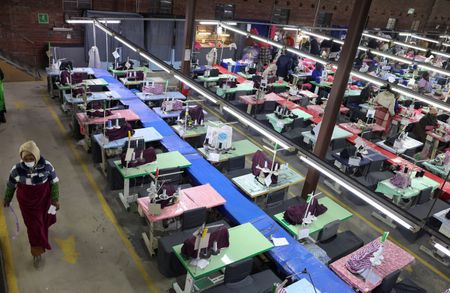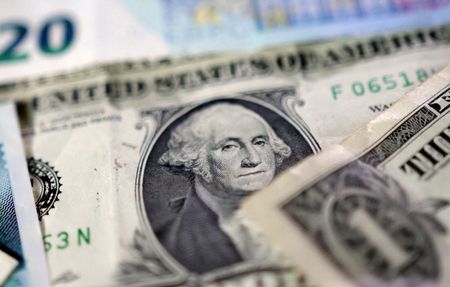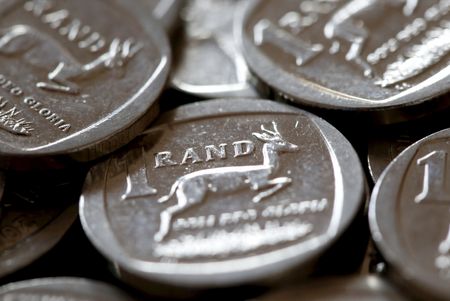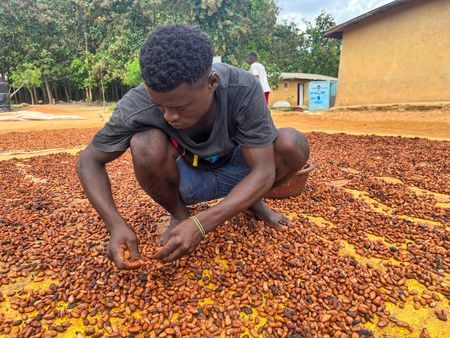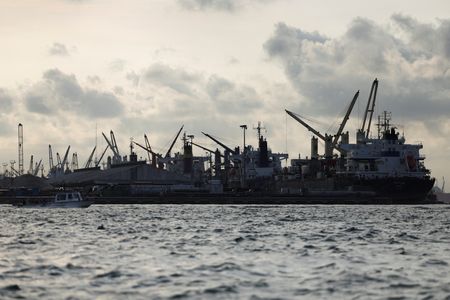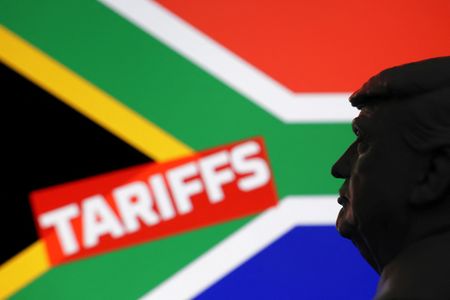LONDON (Reuters) -Sibanye-Stillwater has asked the United States to consider imposing a tariff on Russian palladium imports to support the long-term viability of U.S. supplies, in a move that could increase volatility in palladium prices.
The petition filed by Johannesburg-based Sibanye-Stillwater adds another layer of uncertainty to prospects for platinum group metals (PGMs) after a rally in prices so far this year due to lower first-half production in South Africa and thin liquidity in the spot market.
“We believe that Russian palladium imports are being sold below market prices due to various factors, beginning primarily after the Russian invasion of Ukraine in 2022,” Sibanye-Stillwater’s Chief Executive Neal Froneman said in a statement on the company’s website dated July 31.
“Obtaining relief from dumped and subsidised Russian imports will give Sibanye-Stillwater, its employees, and the entire U.S. PGM industry, an opportunity to compete on a more level playing field,” he added.
A final decision on the petition is likely within 13 months.
Russia’s Nornickel, the world’s largest palladium producer with a 40% share of global mined output, declined to comment.
Sibanye-Stillwater, which has production assets in South Africa and the United States, suffered its second consecutive full-year loss last year after writing down $500 million of its U.S. palladium assets amid low prices.
Spot palladium prices are up 31% so far this year, and the outlook for the rest of the year is positive for miners: analysts forecast in a Reuters poll in July that the palladium price would rise in 2025 for the first time in four years, aided by platinum’s rally.
“Although placing duties on Russian metal would not necessarily impact the market balance of palladium, it could result in the re-routing of global physical metal flows, leading to price volatility,” analysts at Heraeus said.
Russia and South Africa are the top suppliers of palladium to the United States, according to the Trade Data Monitor. For Russia, China is the second largest buyer of the metal after the United States.
Russian palladium imports to the U.S. increased 42% year-on-year to more than 500,000 troy ounces in January-May, according to Heraeus.
PGMs, used widely to clean exhausts in gasoline vehicles, have so far avoided both U.S. sanctions imposed on Russian companies over the Ukraine war and any import tariffs announced by President Donald Trump.
(Reporting by Polina Devitt. Editing by Mark Potter)




